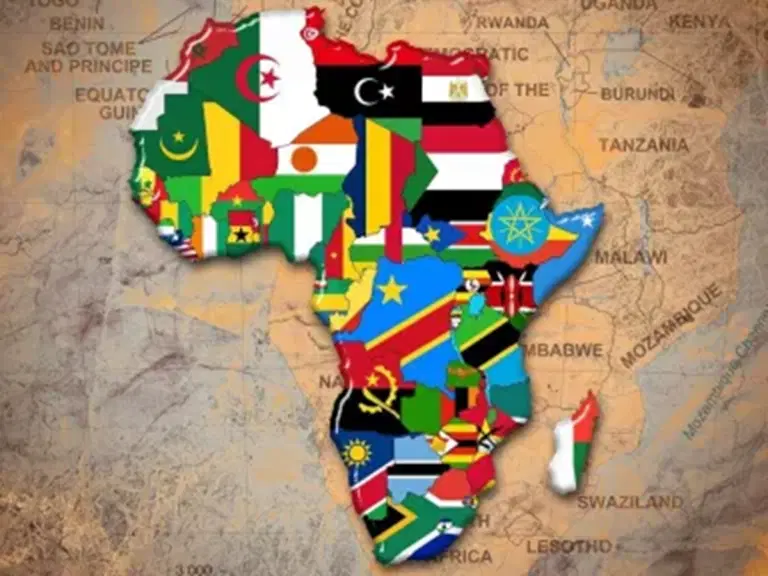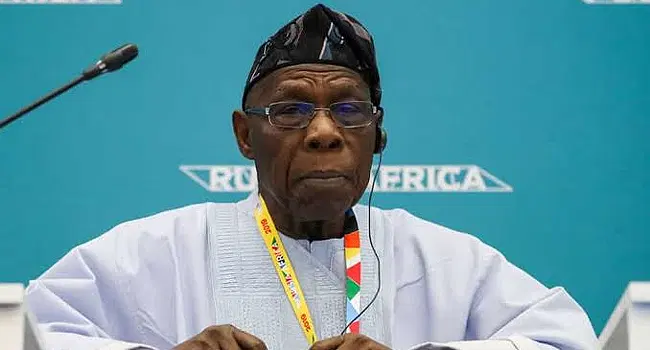2 mn readAs compact SUVs gain popularity and market share from traditional sedans and hatchbacks, they are reshaping the concept of convenience and practicality for everyday drivers. Here’s how they are enhancing comfort and making daily commutes more enjoyable:
Nimble Dimensions, Ample Space
Compact SUVs generally measure between 4,300 mm and 4,800 mm in length, with wheelbases ranging from 2,500 mm to 2,700 mm. This allows many compact SUV models to boast a tighter turning radius compared to midsize sedans, making them feel more agile in city driving and parking situations.
Despite their smaller exterior size, these SUVs often provide surprisingly spacious cabins. The boxy design offers impressive head and legroom for passengers, often matching or exceeding that of midsize sedans. The Hyundai Venue, for example, features a cleverly designed interior that maximizes both passenger space and cargo capacity. Additionally, folding rear seats and deep load floors enable compact SUVs to accommodate larger items, while standard roof rails enhance carrying capacity.
Higher Ride Height Enhances Comfort
Most compact SUVs have a ground clearance of 150 mm to 200 mm, offering drivers a higher vantage point to monitor traffic conditions and spot obstacles or pavement imperfections. This elevated height simplifies ingress and egress, reducing the awkwardness often associated with getting in and out of lower-slung sedans.
Furthermore, the higher ride height contributes to improved suspension compliance and wheel travel. This, combined with cushioned seats, ensures a smooth driving experience. For longer journeys, the raised seating position helps alleviate strain on the lower back and legs compared to traditional sedans.
Agile Handling
Despite their elevated stance, compact SUVs are designed to handle corners with ease. They incorporate careful suspension tuning, a low center of gravity, and stability management systems, resulting in handling characteristics akin to hatchbacks rather than larger, bulkier SUVs.
For instance, the Maruti Suzuki Fronx is equipped with an efficient drivetrain that ensures seamless power delivery, enhancing grip on slippery surfaces. This allows for proactive power distribution to maintain traction without requiring driver intervention.
Abundant Tech and Convenience Features
Compact SUVs provide affordable options for buyers seeking features typically found in more expensive models. Lower trim configurations offer great value, while higher trims showcase an array of thoughtful amenities and smart technology that redefine daily driving convenience.
Features like heated seats, automatic climate control, and panoramic moonroofs create a premium atmosphere for all passengers. Keyless entry, hands-free power tailgates, and surround-view camera systems enhance practicality when loading cargo or navigating tight spaces. Additional comforts such as ventilated front seats, ambient lighting, and premium audio systems enhance the overall experience.
Safety is also a priority, with available active features like blind-spot monitoring, rear cross-traffic alerts, and parking sensors helping drivers navigate safely in challenging conditions. Advanced technologies, including forward collision warnings and automatic emergency braking, add another layer of safety, especially in urban environments. Adaptive cruise control further reduces fatigue during highway driving.
The Bottom Line
With their excellent handling, spacious interiors, generous cargo space, and numerous features, compact SUVs are emerging as the ideal choice for city dwellers who seek functionality and comfort without the bulk or high cost of traditional SUVs. They provide the flexibility needed for navigating busy city streets and wider expressways.
As compact SUVs continue to gain traction over traditional sedans and hatchbacks, we can anticipate further innovations and enhancements that improve drivability and cabin comfort, making them increasingly appealing to urban drivers




















